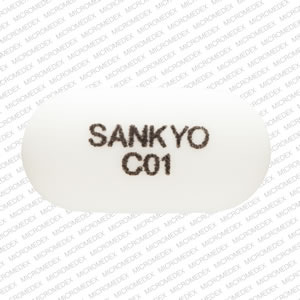Welchol and Alcohol/Food Interactions
There is 1 alcohol/food/lifestyle interaction with Welchol (colesevelam).
Multivitamins With Minerals Colesevelam
Moderate Drug Interaction
Colesevelam may interfere with the absorption of certain vitamins such as A, D, E and K. Therefore, it is recommended that you take multivitamin with minerals at least 4 hours before colesevelam to minimize the risk of interaction. Talk to your doctor or pharmacist if you have questions on how to take these or other medications you are prescribed. It is important to tell your doctor about all other medications you use, including vitamins and herbs. Do not stop using any medications without first talking to your doctor.
Switch to professional interaction data
Welchol drug interactions
There are 93 drug interactions with Welchol (colesevelam).
Welchol disease interactions
There are 4 disease interactions with Welchol (colesevelam) which include:
More about Welchol (colesevelam)
- Welchol consumer information
- Check interactions
- Compare alternatives
- Pricing & coupons
- Reviews (42)
- Drug images
- Side effects
- Dosage information
- During pregnancy
- Generic availability
- Drug class: bile acid sequestrants
- Breastfeeding
- En español
Related treatment guides
Drug Interaction Classification
| Highly clinically significant. Avoid combinations; the risk of the interaction outweighs the benefit. | |
| Moderately clinically significant. Usually avoid combinations; use it only under special circumstances. | |
| Minimally clinically significant. Minimize risk; assess risk and consider an alternative drug, take steps to circumvent the interaction risk and/or institute a monitoring plan. | |
| No interaction information available. |
See also:
Further information
Always consult your healthcare provider to ensure the information displayed on this page applies to your personal circumstances.


